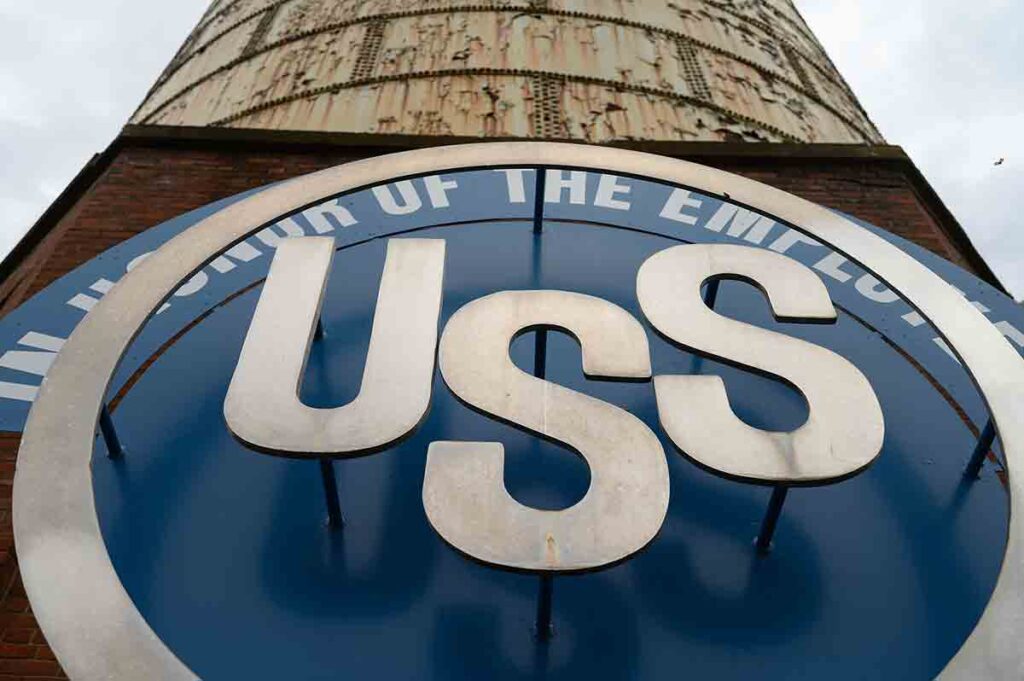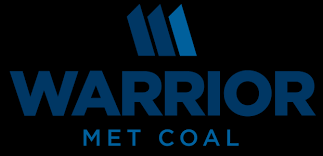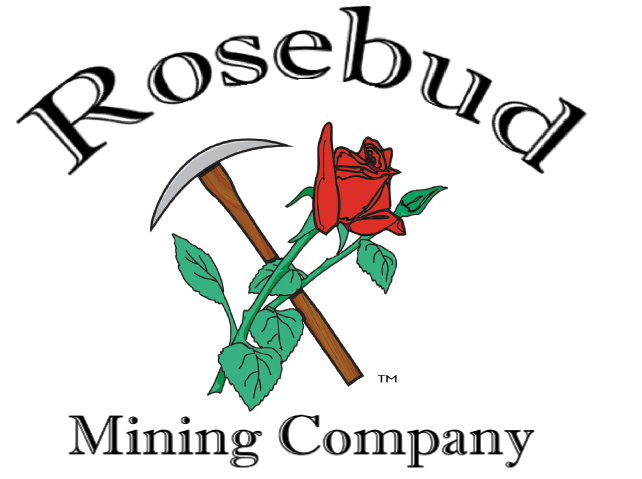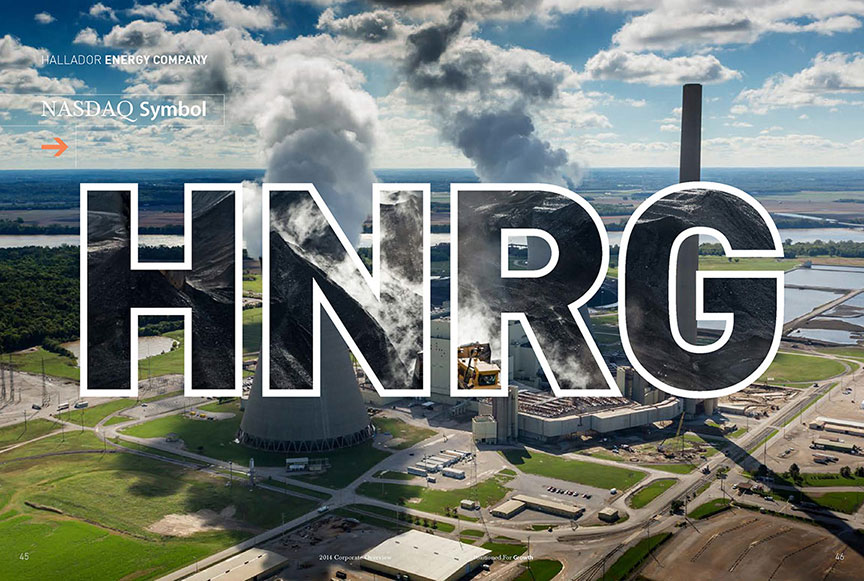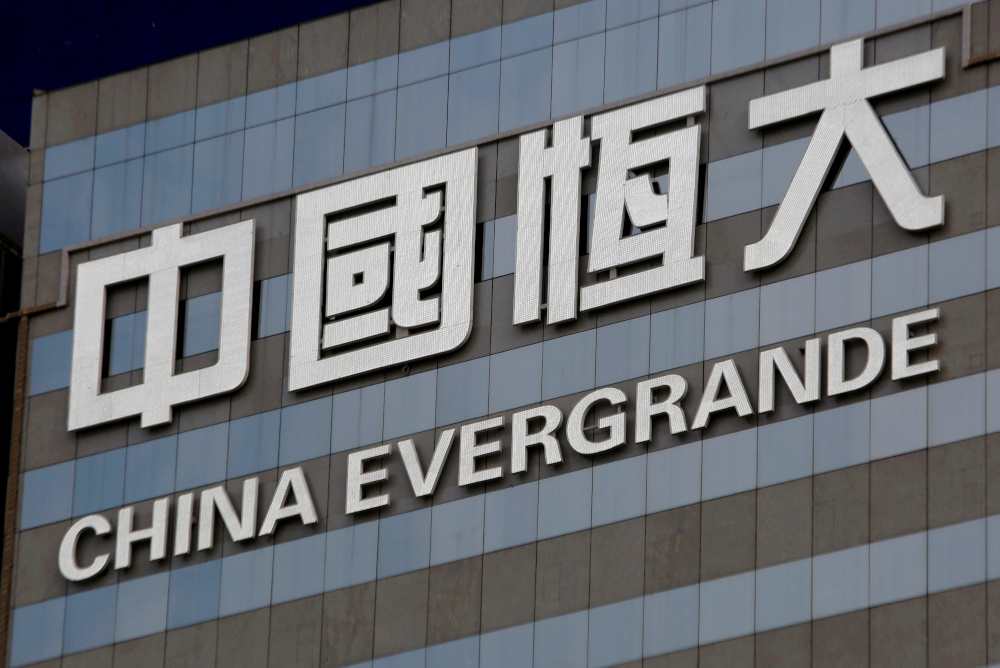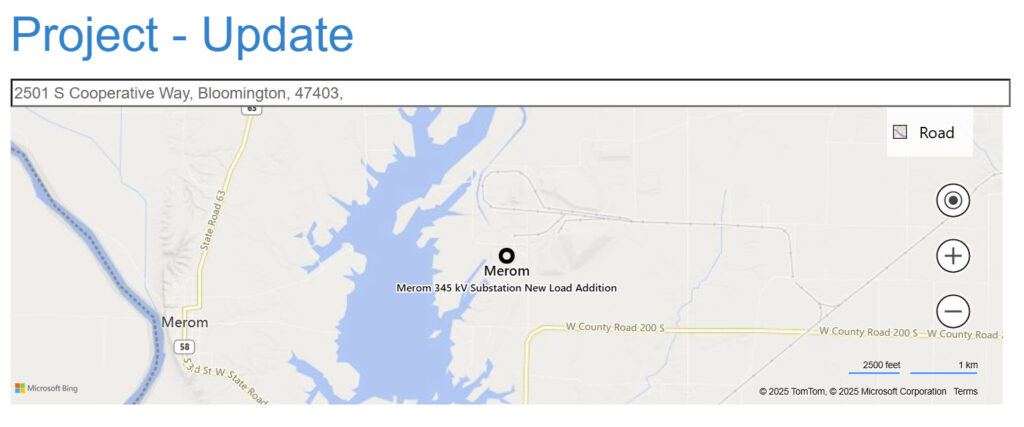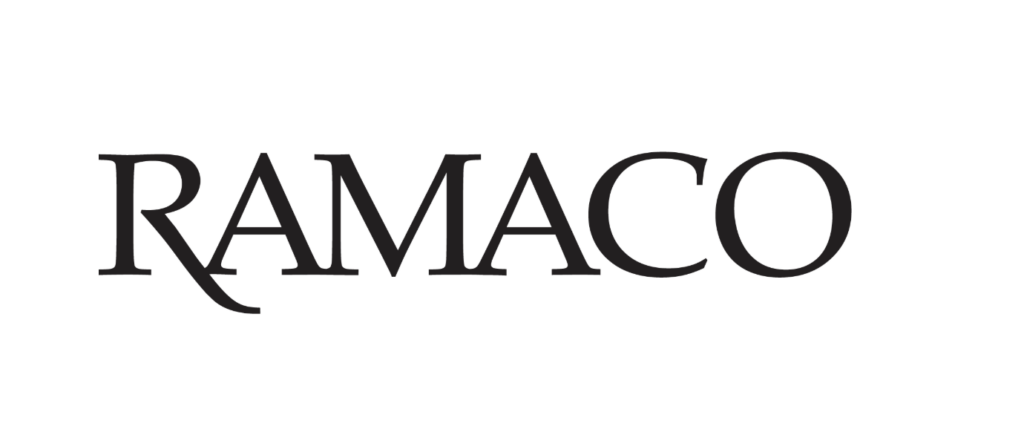Pittsburgh-based United States Steel Corp. reports a fourth-quarter 2023 net loss of $80 million, which contrasts with fourth-quarter 2022 net earnings of $174 million. The steel producer earned $299 million during the prior quarter of 2023.
For the full year 2023, U.S. Steel’s net earnings checked in at $895 million, down nearly 65 percent from 2022 net earnings of $2.524 billion.
In comments accompanying the results, U.S. Steel President and CEO David B. Burritt refers to 2023 as a “pivotal” year in the history of U.S. Steel as its strategic alternatives review process culminated in the signing of a definitive merger agreement with Nippon Steel Corp.
“We are excited by the opportunities afforded by the Nippon Steel and U. S. Steel combination,” Burritt says. “It is the right transaction not only for U.S. Steel stockholders but also for our employees and customers. U. S. Steel will retain its iconic name and headquarters in Pittsburgh, Pennsylvania, reinforcing its commitment to employees, customers and local communities.
“The combination of two innovative steel companies strengthens the competitive landscape of the steel industry. We are looking forward to the closing of the transaction, which we expect will be in the second or third quarter 2024.”
On the operations front, Burritt says notes U.S. Steel produced its first direct-reduced-grade pellets from an investment at its Keetac facility in Minnesota. These DR-grade pellets are feedstock for direct-reduced iron, or DRI, a critical input for sustainable steelmaking, he says, adding that this is the latest in a string of successful investment startups for the company, like its pig iron investment in Indiana.
The CEO also singles out the Big River recycled-content electric arc furnace campus in Arkansas.
“We remain on track for the start-up of the two remaining strategic projects in 2024—our dual galvalume/galvanized coating line in Arkansas at Big River Steel in the second quarter of 2024 and our new state-of-the-art minimill, Big River 2 [BR2, also in Arkansas], in the second half of 2024,” he says.
“Our team at Big River has adeptly managed supply chain, weather and inflationary challenges throughout the construction period. Our board has authorized additional capital to ensure BR2 is completed successfully. The company now expects total capital spend for BR2 will be approximately $3.2 billion.” The initial price tag for the expansion was $3 billion.
Looking forward, Burritt says, “Our hard work over many years is paying off with notable accomplishments. We are entering 2024 with momentum. Lead times are extended, reflecting broad customer demand, and our operations are running at high levels of utilization to efficiently fill customers’ orders.”

